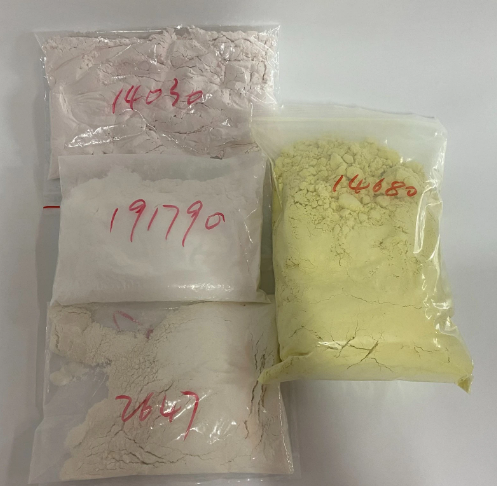
- +86-13363869198
- weimiaohb@126.com

Nov . 12, 2024 11:58 Back to list
gs treatment for fip
Understanding GS Treatment for FIP A Promising Hope for Feline Infectious Peritonitis
Feline Infectious Peritonitis (FIP) is a complex and often fatal disease caused by certain strains of the feline coronavirus (FCoV). Traditionally seen as a death sentence for cats, recent advancements in treatment options have sparked hope and excitement throughout the veterinary community and among cat owners. One such promising treatment is the use of GS-441524, a nucleoside analog that has demonstrated significant efficacy in the battle against FIP.
What is FIP?
FIP occurs when a cat’s immune system mistakenly targets the feline coronavirus, causing an inflammatory response that can lead to severe damage in various organs, including the liver, kidneys, and even the brain. Clinical manifestations of FIP can vary widely but often include fever, weight loss, abdominal swelling, and neurological signs. There are two forms of the disease the wet form, characterized by fluid accumulation in body cavities, and the dry form, which involves lesions and organ dysfunction without fluid buildup.
Historically, FIP was considered a terminal illness, but the development of antiviral treatments has changed the landscape of this disease dramatically.
GS-441524 A Game Changer
GS-441524 is a parent compound of the antiviral drug Remdesivir, which has gained notoriety for its efficacy against viruses that cause other diseases in humans, such as Ebola and COVID-19. Recognizing the similarities in viral replication processes, researchers turned their attention to GS-441524 in hopes of treating FIP. Early studies and anecdotal evidence from cat owners indicated that this compound could effectively inhibit the replication of the coronavirus responsible for FIP.
The positivity surrounding GS-441524 led to it being considered a breakthrough treatment for FIP. Numerous case studies reported remarkable success in cats showing severe symptoms of the disease, with many experiencing significant recovery within days of starting the treatment.
Treatment Protocol
gs treatment for fip

The treatment regimen typically involves the formulation of GS-441524 as an injectable or oral medication. The duration of the treatment can vary depending on the severity of the disease, but it generally spans from 12 to 84 days. Dosing relies heavily on the weight of the cat and is monitored closely by a veterinarian to optimize outcomes and minimize potential side effects.
Most cats subjected to this treatment protocol show signs of improvement, and many progress from a state of severe illness to one of normalcy over several weeks. Although some minor side effects may occur, such as reactions at the injection site or gastrointestinal disturbances, the overall tolerance for GS-441524 is generally high among felines.
The Importance of Early Intervention
One crucial aspect of treatment success with GS-441524 is early intervention. The sooner treatment begins after a diagnosis of FIP, the better the prognosis. This has drawn attention to the importance of early, accurate diagnosis, which remains a challenge in the veterinary field. Veterinarians often have to rely on clinical signs, laboratory tests, and sometimes advanced imaging techniques to diagnose FIP.
In the event of a suspected feline coronavirus infection, immediate veterinary consultation is essential. Blood work and symptom observation can provide critical insights that best inform the path to potential treatment.
Conclusion
While the introduction of GS-441524 into the landscape of FIP treatment represents a significant advancement, it is essential to remember that research is ongoing. The effectiveness of GS-441524, although promising, provides an opportunity for further exploration of therapeutic modalities in veterinary medicine.
For cat owners navigating the complexities of FIP, the rise of this treatment option offers new hope. With ongoing veterinary advancements and a growing body of research, the landscape of Feline Infectious Peritonitis may continue to evolve from one of despair to one filled with possibility. Ensuring that our feline companions receive timely and effective treatment could ultimately redefine the heartbreaking narrative of FIP and allow more cats to live long, healthy lives.
-
Premium Pharma Intermediates | AI-Optimized Synthesis
NewsAug.03,2025
-
GS-441524 White Liquid Production for Factories | AI-Optimized
NewsAug.02,2025
-
AI-Optimized CAS: 79099-07-3 Factories for High Yield
NewsAug.01,2025
-
Premium CAS 1451-83-8 Factory with GPT-4 Turbo | AI-Optimized
NewsJul.31,2025
-
Pharmaceutical Intermediates - AI-Optimized Synthesis & Purity
NewsJul.31,2025
-
Top CAS: 79099-07-3 Factories & Wholesale Supplier from China
NewsJul.30,2025